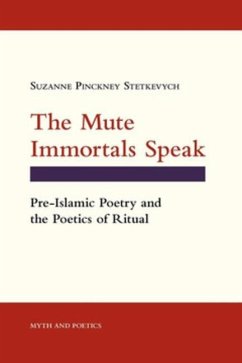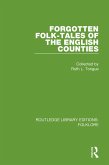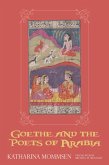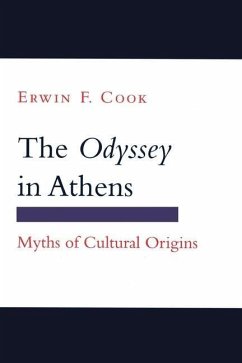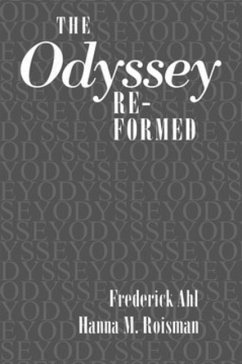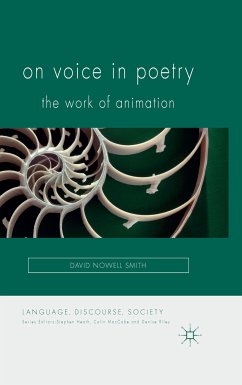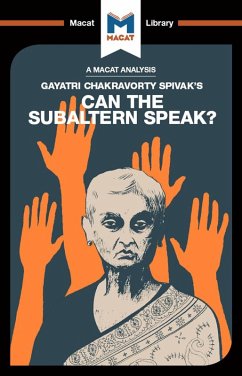A body of Bedouin oral poetry which was collected in the second or third Islamic century, the pre-Islamic qasidah, or ode, stands with the Qur'an as a twin foundation of Arabo-Islamic literary culture. Throughout the rich fifteen-hundred-year history of classical Arabic literature, the qasidah served as profane anti-text to the sacred text of the Qur'an. While recognizing the esteem in which Arabs have traditionally held this poetry of the pagan past, modern critics in both East and West have yet to formulate a poetics that would provide the means to analyze and evaluate the qasidah. Suzanne Pinckney Stetkevych here offers the first aesthetics appropriate for this orally composed Arabic verse, an aesthetics that is built on-and tested on-close readings of a number of the poems.
Drawing on the insights of contemporary literary theory, anthropology, and the history of religions, Stetkevych maintains that the poetry of the qasidah is ritualized in both form and function. She brings to bear an extensive body of lore, legend, and myth as she interprets individual themes and images with references to rites of passage and rituals of sacrifice. Her English translations of the poems under discussion convey the power and beauty of the originals, as well as a sense of their complex intertextuality and distinctive lexicon.
The Mute Immortals Speak will be important for students and scholars in the fields of Middle Eastern literatures, Islamic studies, folklore, oral literature, and literary theory, and by anthropologists, comparatists, historians of religion, and medievalists.
Drawing on the insights of contemporary literary theory, anthropology, and the history of religions, Stetkevych maintains that the poetry of the qasidah is ritualized in both form and function. She brings to bear an extensive body of lore, legend, and myth as she interprets individual themes and images with references to rites of passage and rituals of sacrifice. Her English translations of the poems under discussion convey the power and beauty of the originals, as well as a sense of their complex intertextuality and distinctive lexicon.
The Mute Immortals Speak will be important for students and scholars in the fields of Middle Eastern literatures, Islamic studies, folklore, oral literature, and literary theory, and by anthropologists, comparatists, historians of religion, and medievalists.
Dieser Download kann aus rechtlichen Gründen nur mit Rechnungsadresse in A, D ausgeliefert werden.

